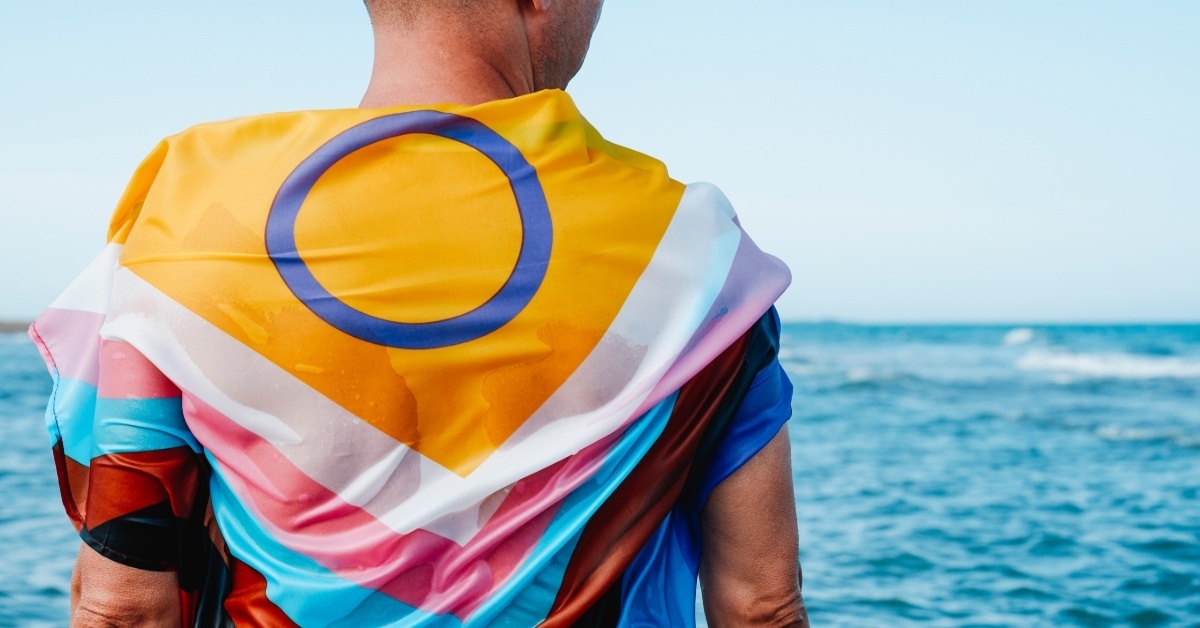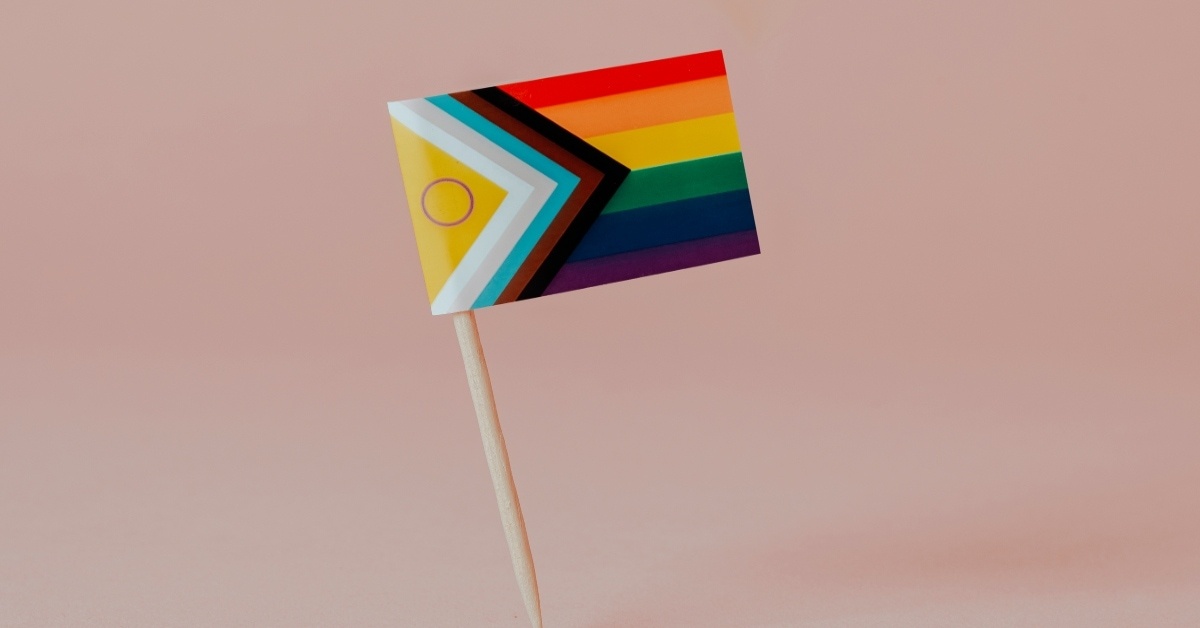What Does Intersex Mean? The Beautiful Truth About the Identity
Intersex people have always existed, yet their stories remain overshadowed, misrepresented, or ignored. The world often operates in binaries — male or female, masculine or feminine — but human biology doesn’t always fit into neat categories. Intersex identities challenge rigid definitions, offering a more expansive view of human diversity. Conversations around gender and sexuality have [...] Read More... from What Does Intersex Mean? The Beautiful Truth About the Identity The post What Does Intersex Mean? The Beautiful Truth About the Identity appeared first on LOVEBSCOTT.


Intersex people have always existed, yet their stories remain overshadowed, misrepresented, or ignored. The world often operates in binaries — male or female, masculine or feminine — but human biology doesn’t always fit into neat categories. Intersex identities challenge rigid definitions, offering a more expansive view of human diversity. Conversations around gender and sexuality have gained momentum, but intersex voices deserve the same attention, respect, and recognition.
What Does Intersex Mean?

Intersex represents the “I” in LBTQIA+. It refers to people born with physical sex traits that don’t fit typical definitions of male or female — this can include variations in chromosomes, hormones, or reproductive anatomy. Some intersex traits are visible at birth, while others become apparent during puberty or later in life. Intersex isn’t a third gender or a deviation — it’s a naturally occurring part of human biology, just like variations in eye color or height. According to the Office of the High Commissioner for Human Rights, experts estimate that about 1.7% of the population are born intersex.
Intersex and Gender Identity: Understanding the Distinctions

Intersex is about biology, not gender identity. Being intersex is not the same as identifying as male, female, or non-binary. Gender identity is how someone personally understands and expresses their gender. An intersex person may identify as a man, woman, non-binary, or something else entirely — just like anyone else. Combining the two erases the reality that intersex people can have any gender identity.
Although intersex people, transgender people, and non-binary people all challenge traditional ideas about sex and gender, their experiences are distinct. Transgender people are assigned a sex at birth but transition to align with their gender identity. In contrast, intersex people are born with biological traits that don’t conform to male or female definitions. Non-binary people do not identify strictly as male or female. Intersex traits do not dictate a person’s gender identity; many intersex individuals identify within the binary, while others may not.
The Power of Visibility and Advocacy
Historically, doctors have often performed surgeries on intersex infants to force them into binary categories, often causing lasting physical and psychological harm. Intersex rights advocates challenge these harmful medical practices and fight for informed consent, making sure that individuals — not doctors — make decisions about their own bodies. Additionally, they work tirelessly to expand awareness in schools, media, and legal systems.
Intersex activists and organizations are making strides in securing legal recognition and rights. Countries like Germany, Australia, and Malta have begun offering non-binary or third-gender options on official documents, providing intersex people with choices that align with their lived realities. Additionally, media representation is slowly expanding, allowing for more accurate and humanizing portrayals of intersex lives.
When intersex people share their stories, they expose injustices, dismantle misconceptions, and reshape cultural narratives. Their visibility challenges restrictive norms and paves the way for a world that recognizes and respects the full spectrum of human diversity. The world is shifting toward a broader, more inclusive understanding of identity. Everyone deserves to live authentically, free from shame or coercion. The beautiful truth? Intersex people have always been here. It’s time the world sees them for who they truly are.
Do you have loved ones who are intersex? Comment below!
The post What Does Intersex Mean? The Beautiful Truth About the Identity appeared first on LOVEBSCOTT.












